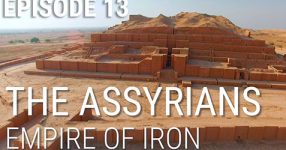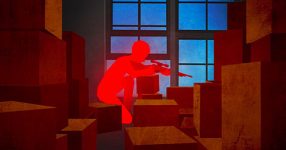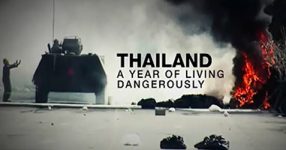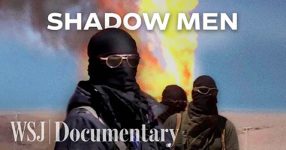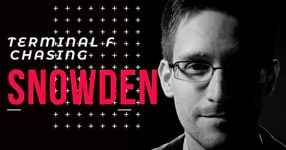In the annals of history, some events carry the weight of world-altering consequences, like the butterfly effect. Our focus today is on one such event, or rather, a seemingly innocuous act by a young boy that set in motion a cataclysmic chain of events. The keyword that guides our narrative is “The Boy Who Started the Syrian War.”
The Ignition: A Defiant Act of Youth
In the heart of Deraa, Syria, in February 2011, a 14-year-old named Mouawiya Syasneh, fueled by youthful rebelliousness, took a can of spray paint and etched anti-government slogans on his school wall. Little did he know that this minor act would become the spark that would engulf Syria in a full-blown civil war. It’s a story of defiance and the unforeseen consequences that followed, a far cry from terrorism, as often assumed.
The Unforeseen Consequences
More than half a million lives have been lost since the inception of this brutal conflict. Streets of Mouawiya’s hometown, Deraa, have witnessed the horrors of street fighting, shelling, and barrel bombing. The scars run deep, and the healing may never come. Mouawiya himself, now a young man, stands on the frontline, a fighter for the Free Syrian Army, a role he likely never envisioned when he wielded that spray paint can.
Life Amid Chaos
“The Boy Who Started the Syrian War” offers a glimpse into the daily life of Syrians living amid chaos and uncertainty. For some, it’s the pursuit of normalcy despite the odds, while for others, it’s the decision to take up arms against Assad’s forces, born out of desperation and necessity.
The True Origin of the Syrian War
As an Emmy Award-winning producer, I’ve had the privilege of unveiling the untold origins of the Syrian civil war. It’s not the work of terrorist groups that started it all, as some may believe. Rather, it was the decades-long oppression, torture, and disappearances faced by dissenters. Fathers lived in fear for their daughters’ safety, and lawlessness prevailed under the Assad regime, thanks to militias like the Shabiha.
But the true turning point was that mischievous graffiti scrawled on a school wall. A moment of youthful defiance that turned into a nationwide uprising, triggered by the violent arrests and torture of Mouawiya and his friends.
A Personal Mission
For me, this film holds unparalleled significance. It’s a chance to remind and, in some cases, educate a global audience about the real roots of the Syrian civil war. So many have suffered and sacrificed for a revolution that remains incomplete, regardless of the outcome of negotiations.
Mouawiya Syasneh, “The Boy Who Started the Syrian War,” is now a young man carrying a Kalashnikov, not a school satchel. His family, like countless others, has paid a dreadful price for the events that followed his impulsive act of graffiti.
The Ongoing Struggle
As headlines continue to reveal, the turmoil in Syria grows more troubling by the day. Even after the loss of over half a million lives, there seems to be little hope for resolution. The opposition to Bashar al-Assad’s oppressive government remains steadfast.
Produced by Al-Jazeera, “The Boy Who Started the Syrian War” takes us to the frontline of this ongoing battle. It tells the story of a young boy whose graffiti set the tone for a raging conflict, a conflict that took many by surprise.
In conclusion, graffiti may have inspired the uprising, but Syria was already a tinderbox ready to ignite. The film features interviews with key players in the pursuit of democratic principles, highlighting the resilience and courage of the Syrian people.
“The Boy Who Started the Syrian War” is a testament to the enduring spirit of those who have faced unimaginable adversity. The world may never fully grasp the depths of their sacrifices, but their story stands as a testament to the power of an individual’s actions in shaping the course of history.

